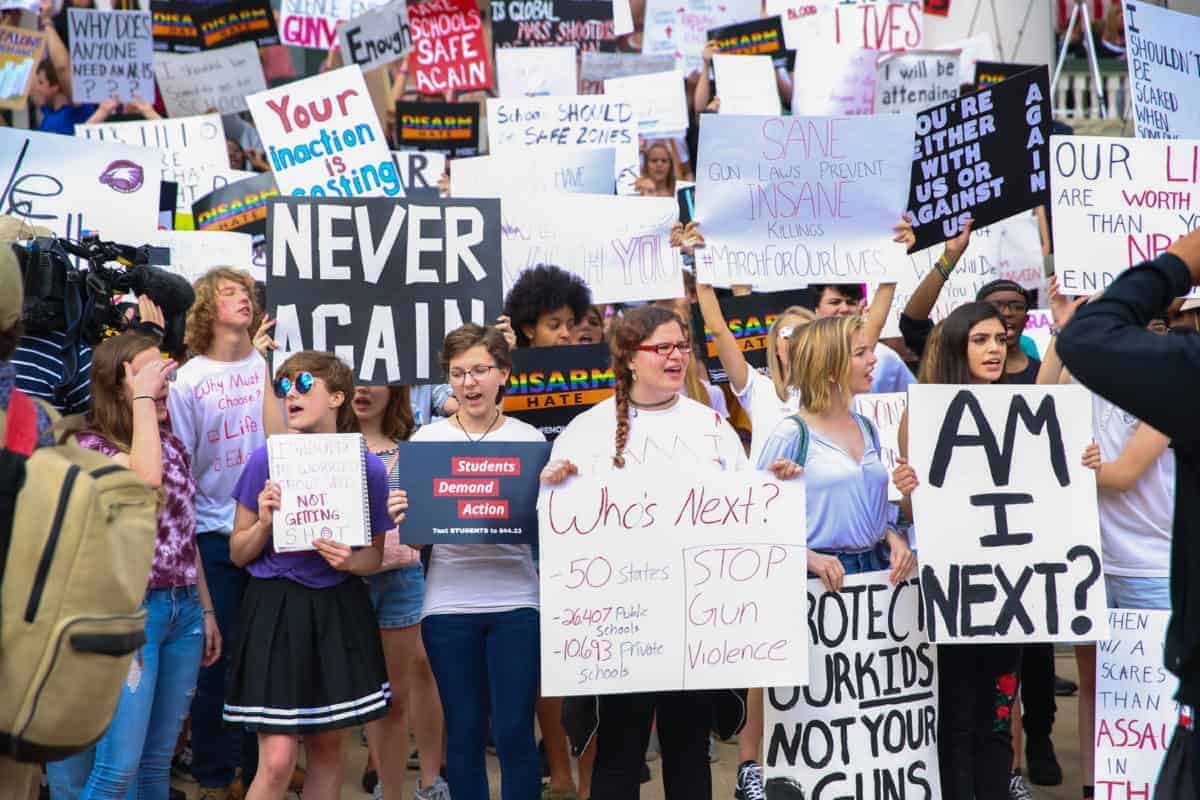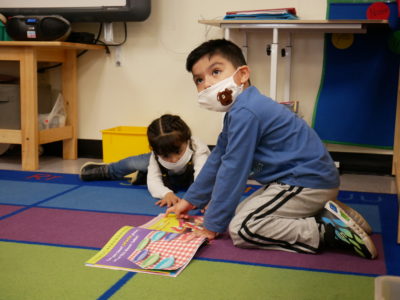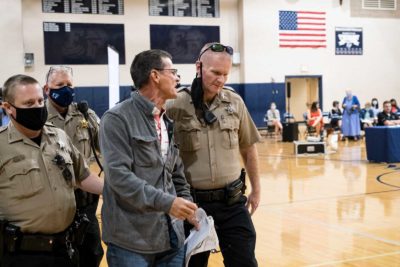
The poise and passion of teenagers who survived the shooting in their Florida high school have impressed the nation. In the two weeks since the horrific violence, they have gotten the attention of the White House, Congress, the Florida legislature, cable news networks, corporations that do business with the rifle lobby and fellow students across the nation.
As they press their case for restricting assault weaponry, the Parkland students have offered a civics-lesson-in-action by their exercise of the constitutional rights of “people peaceably to assemble and to petition the government for a redress of grievances.” They are also learning hard lessons in encountering barriers erected by entrenched special interests and rigid ideology.
Whether by intentional or coincidental timing, the Center for American Progress issued a policy brief, exactly one week after the Parkland shooting, that adds its voice to the need for American schools to upgrade civics education.
“Civic knowledge and public engagement is at an all-time low,’’ says the CAP brief.
The Center for American Progress is a Washington-based think-tank clearly aligned with the Democratic Party. It offered policy advice to the Hillary Clinton presidential campaign. But discontent with the civic knowledge of Americans, youth and adults, crosses the nation’s partisan and policy divide.
On the same day CAP issued its brief, Chester E. Finn Jr., who served as assistant secretary of education in the Reagan administration, published an essay on the website of the Thomas Fordham Institute, a right-of-center think-tank he founded. “The failure of civics education,” says the headline.
Both Finn and the CAP policy researchers draw on data from the nonpartisan Education Commission of the States, which offers guidance to state governments through its Civics Education Initiative. The ECS data, arrayed in charts in the CAP policy brief, show how North Carolina compares with other states. North Carolina is listed among only nine states that require a full-year of U.S. government or civics. It is also among the states that do not require a civics exam to graduate or give credit for community service.
Finn also draws on a recent survey by a Brookings Institution scholar on the attitudes of U.S. college students toward unpopular and provocative speech.
“More than half of current U.S. college students think it’s OK to shout down a speaker who says offensive things,” Finn writes. “Not even two out of five understand that the First Amendment protects the kinds of speech that you don’t like hearing.”
What then, he asks, “does this say about civics education before they get to college?…It says to me we are looking at a total failure.”
The CAP analysts appear less inclined to such a thumping judgment and more focused on nudging states to adopt best practices by describing models for training teachers and rigorous curriculum that incorporates service learning.
“Without an understanding of the structure of government; rights and responsibilities; and methods of public engagement, civic literacy and voter apathy will continue to plague American democracy,” says the CAP paper. It also makes the obvious but important point that schools need adequate “resources’’ – meaning funding – to upgrade civics education effectively.
“While this brief calls for increasing opportunities for U.S. government, civics, or service-learning education, these requirements are only as good as how they are taught,” says the CAP paper. “Service learning must go beyond an act of service to teach students to systemically address issues in their communities; civics exams must address critical thinking, in addition to comprehension of materials; and civics and government courses should prepare every student with the tools to become engaged and effective citizens.”
Neither Finn’s essay nor the CAP brief deal directly with the intensified debate over firearms animated by the Florida students, or a president’s proclivity to avoid facts and flout constitutional principles, or the nation’s debilitating political polarization.
But the distemper of these times surely require the antidote of American young people educated for the tasks of making democracy work.
Recommended reading



